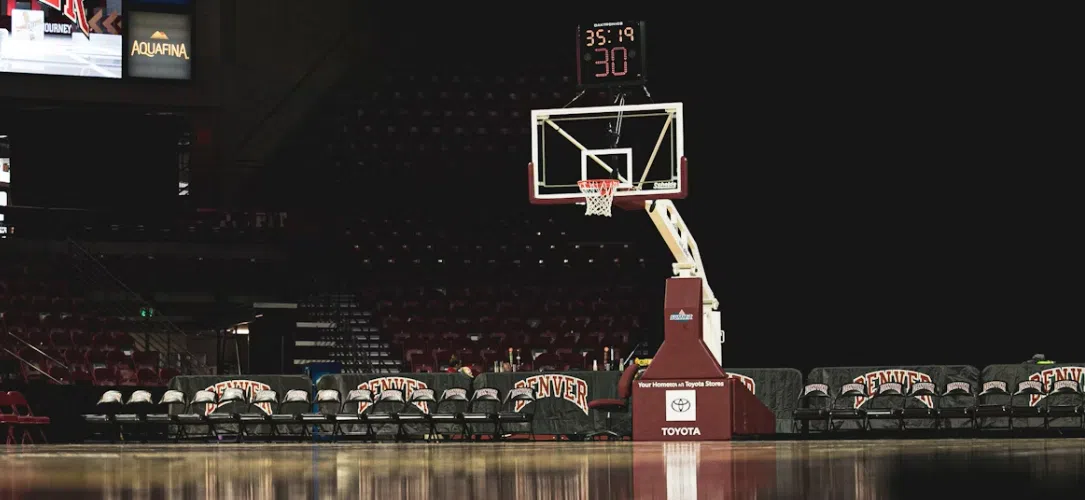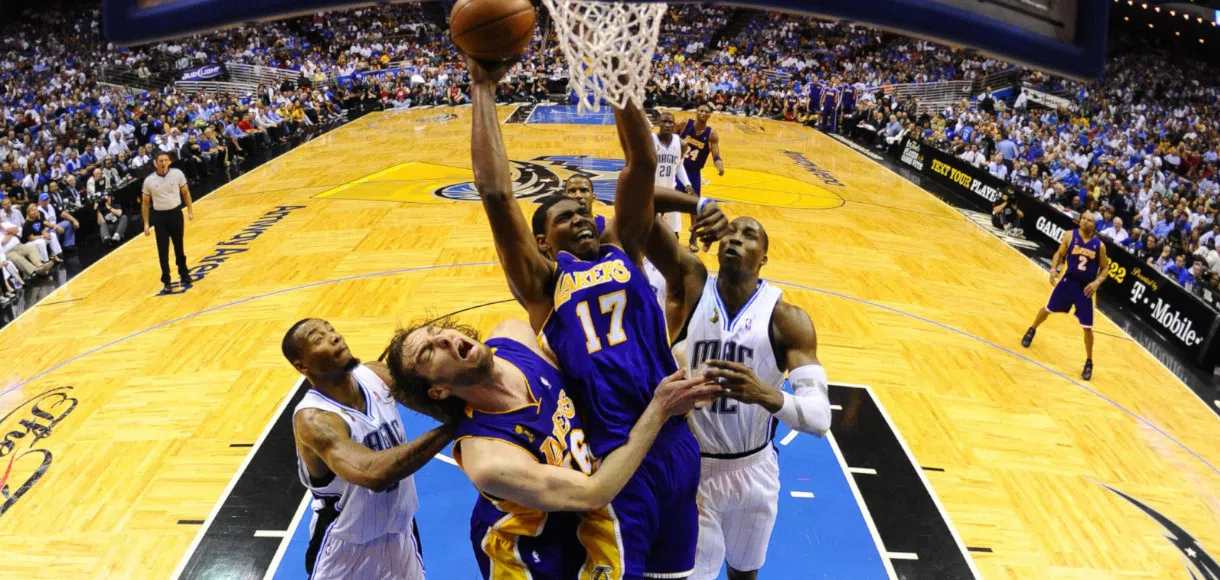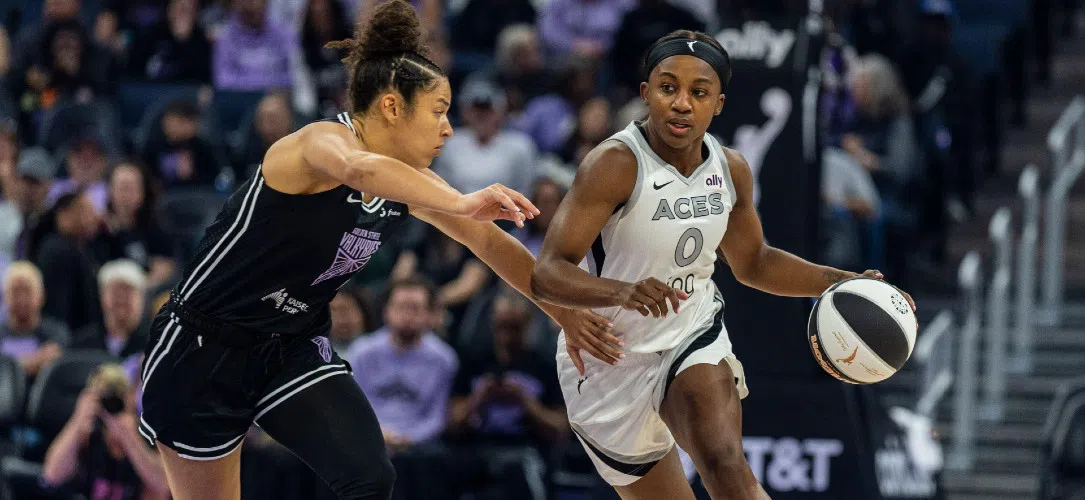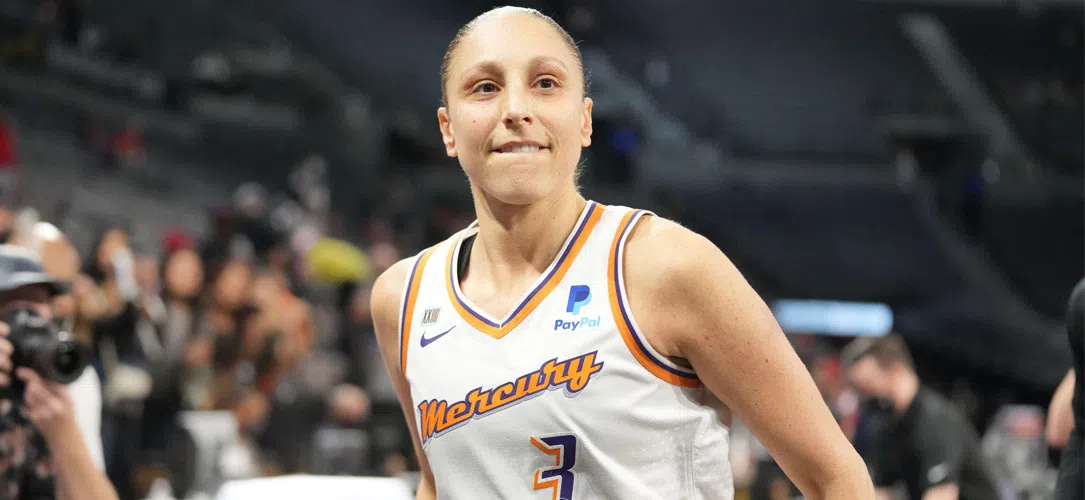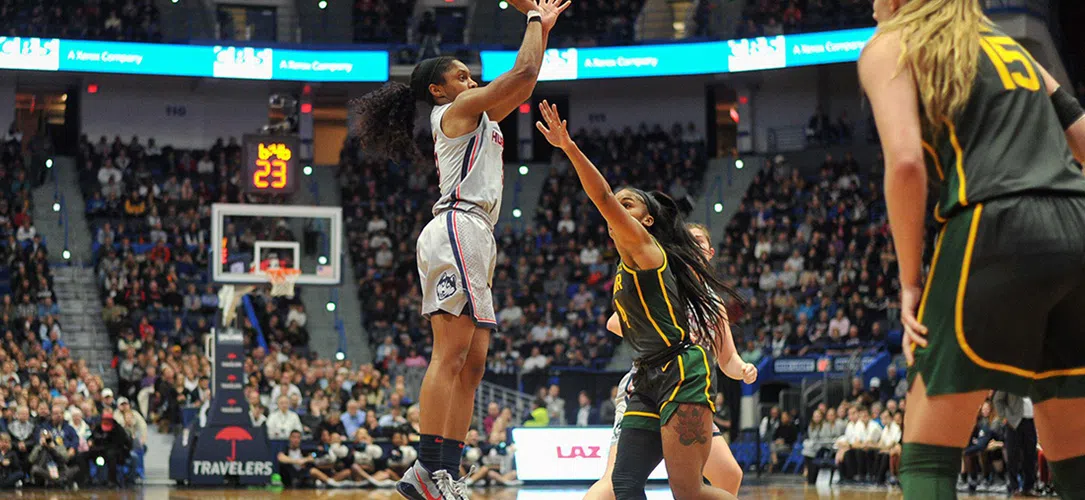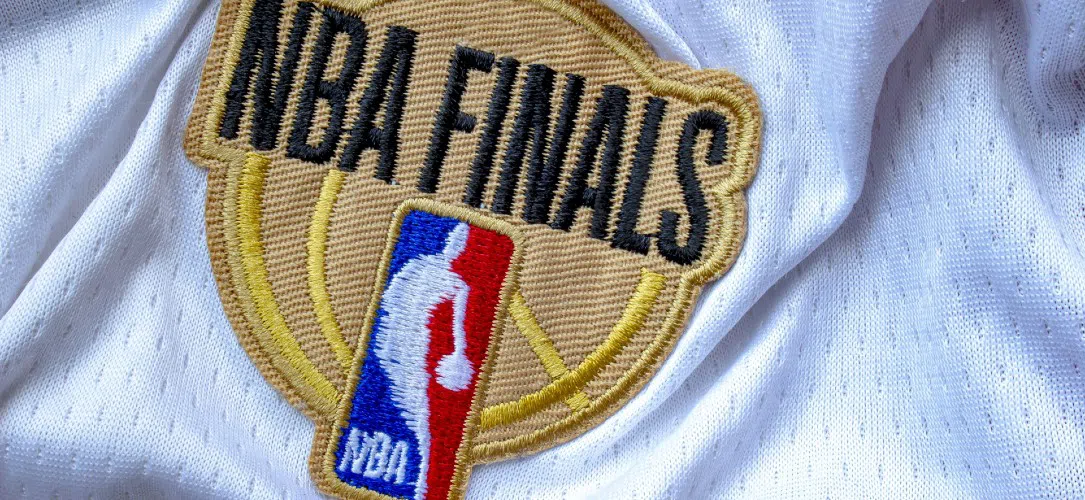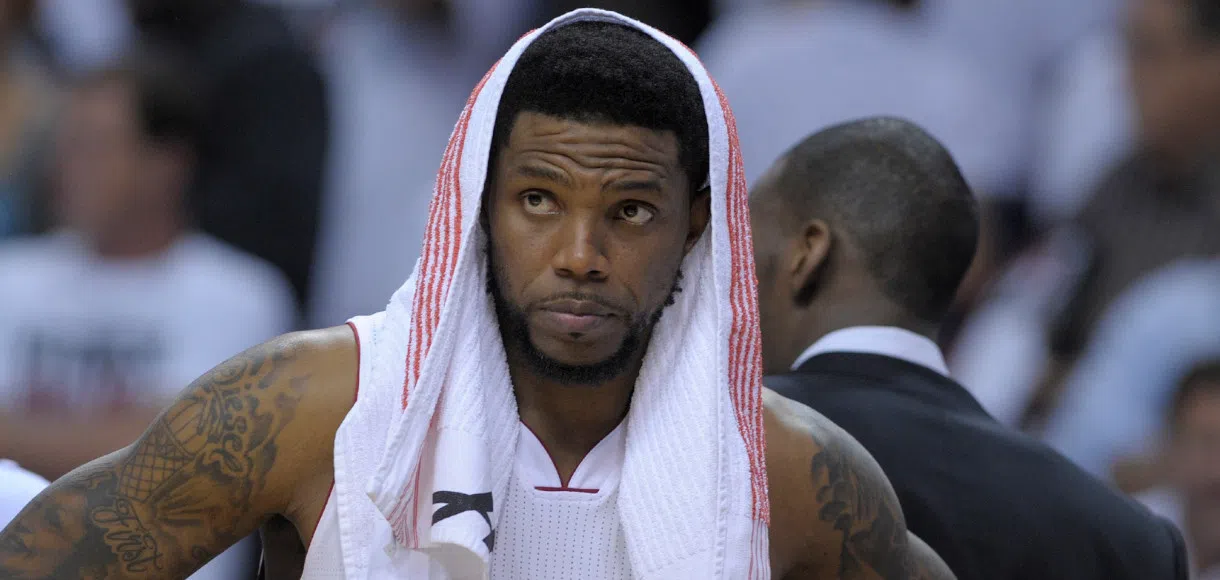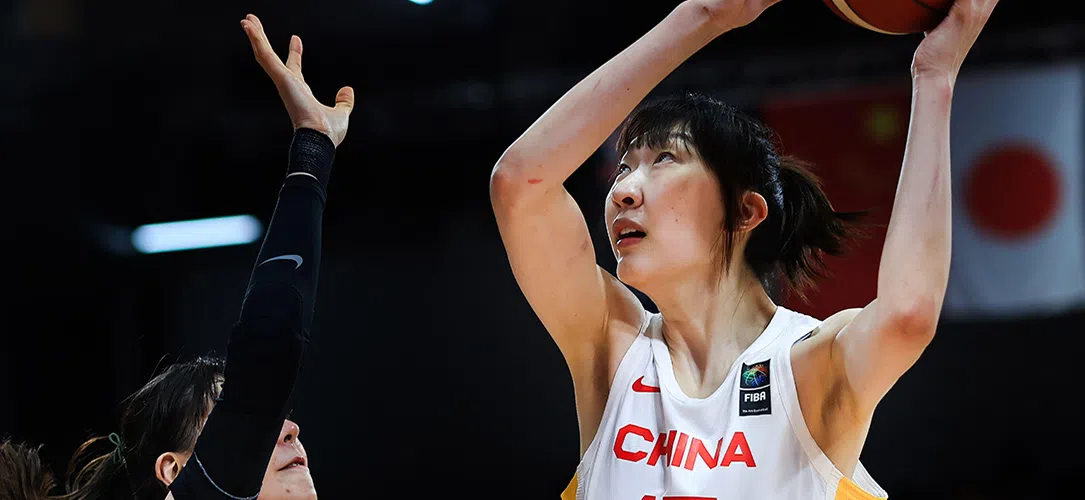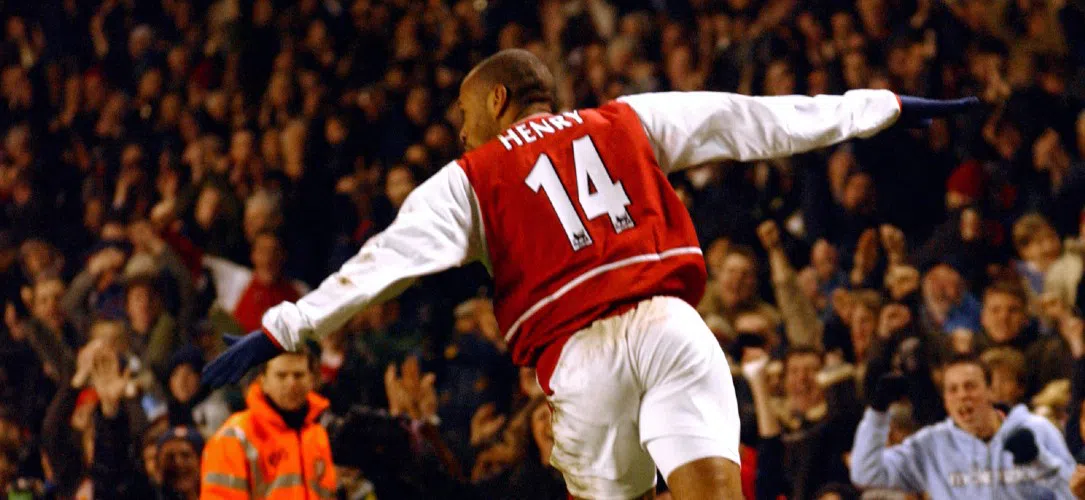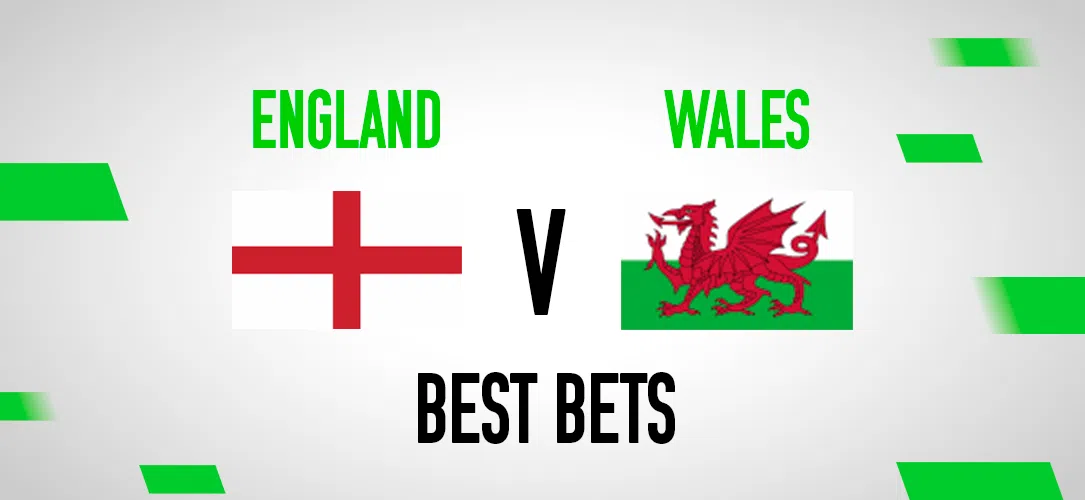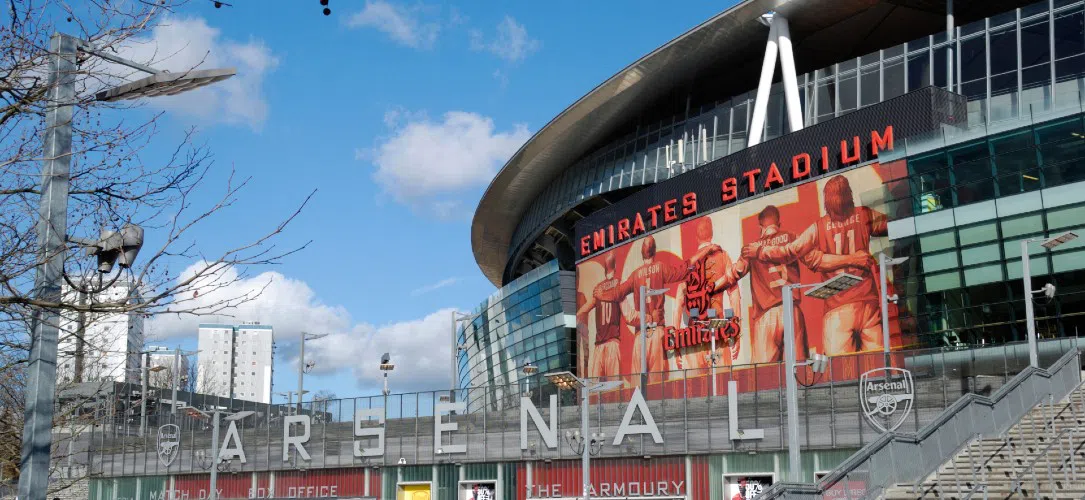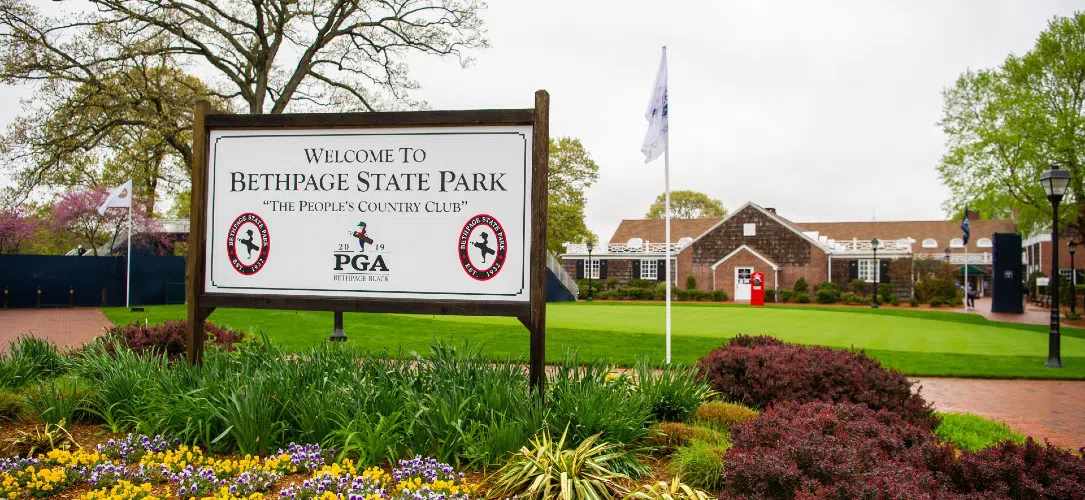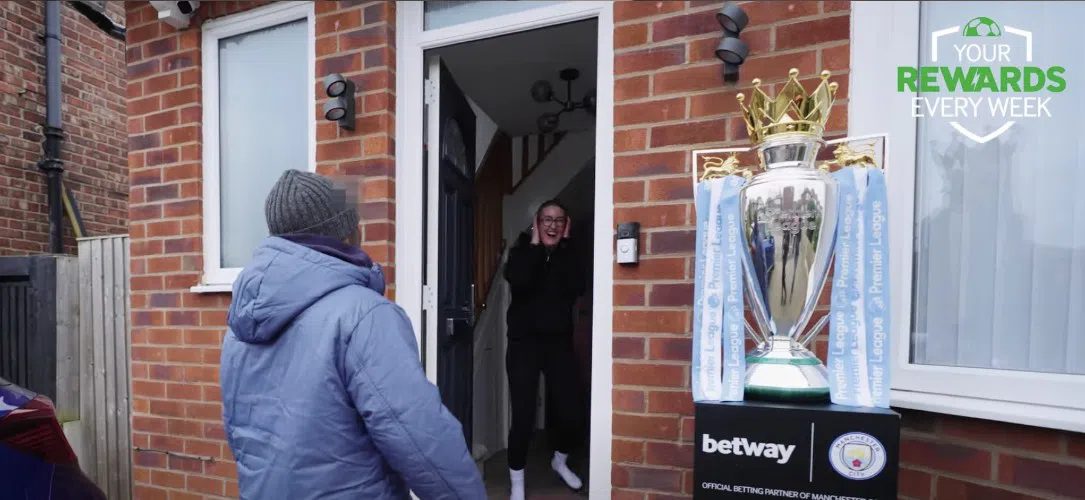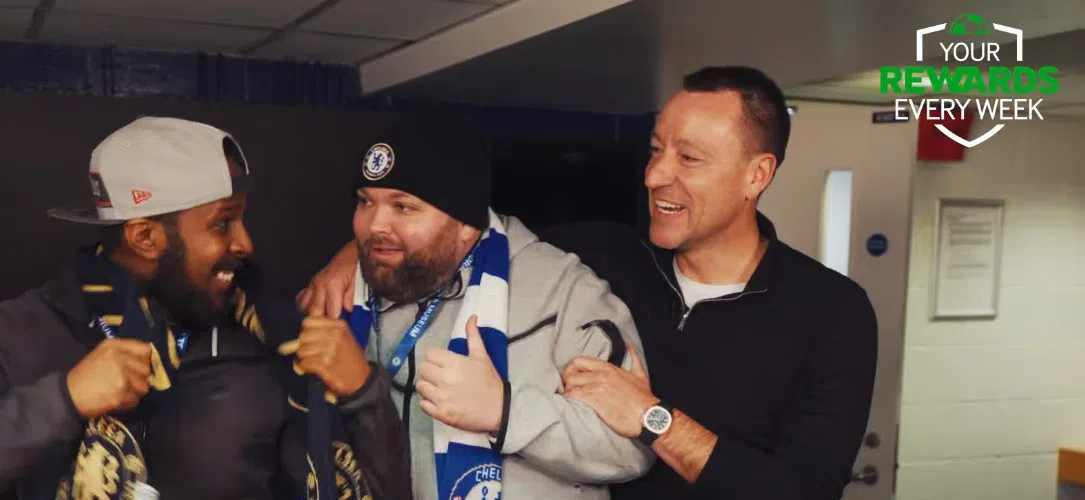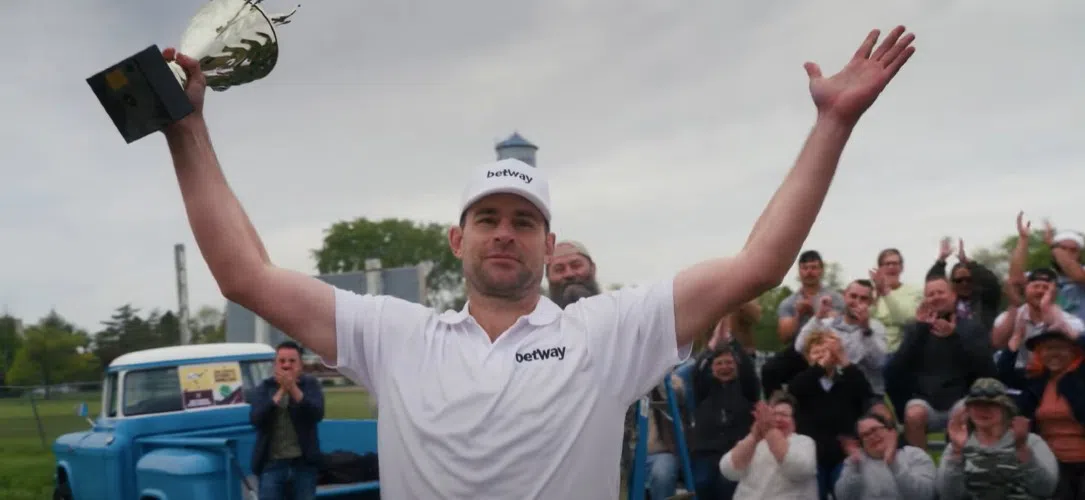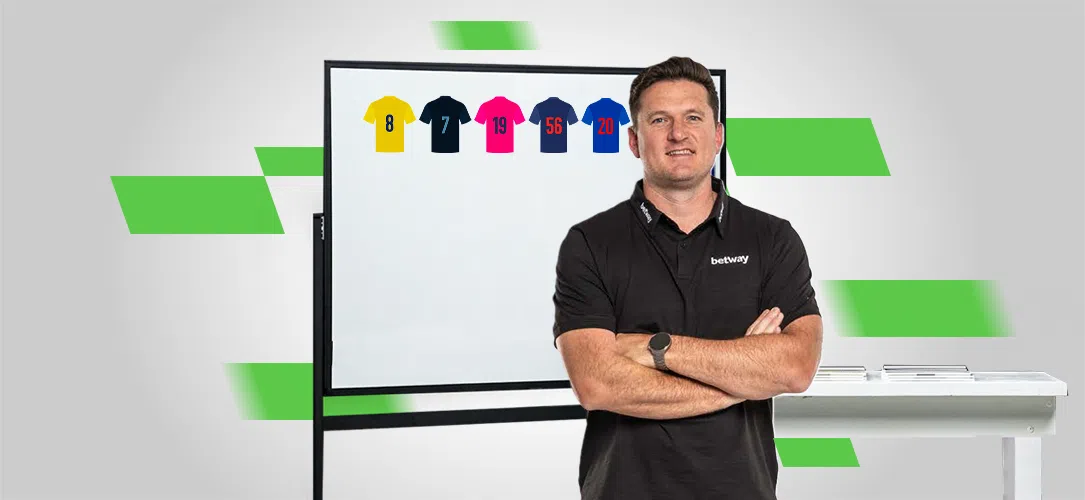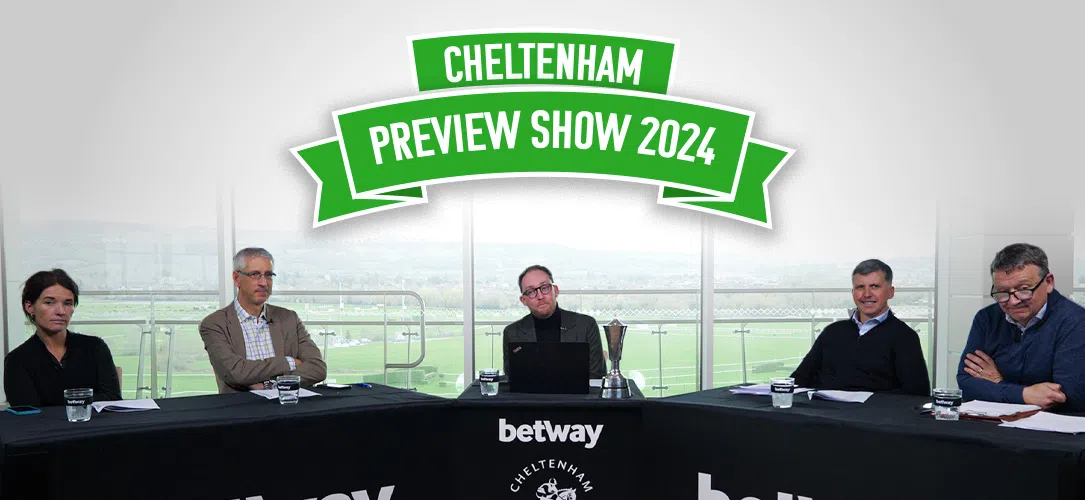In our exclusive interview, former NBA star Thurl Bailey discusses NC State's Cinderella run to the NCAA Championship in 1983 and the influence of late coach Jim Valvano.
Visit Betway for the latest NBA odds throughout the 2021-22 season.
Where does NC State’s miracle run to the NCAA Championship in 1983 rank in your career achievements?
That’s a rhetorical question, I’m sure. I appreciate the fact that even young people now understand that was a moment in history that will have its place cemented in history, if you will, as one of the greatest finishes in any sport, not just basketball.
There’s so many memories of that time, and I think the biggest one that stands out, is not even the championship game. It’s some of the things that led up to that championship with our team. Guys that grew up in a hurry, a couple of key players that were injured, like Dereck Whittenburg. A coach that came in who didn’t even recruit a lot of us, and told us that he was going to win a national championship, and we thought he was crazy as we looked at our team, and he never stopped believing. Jim Valvano was able to get us to understand and believe that we could achieve something great.
That kind of story doesn’t happen, especially in sports, all the time. I think it’s a great kind of a microcosm of life, that there’s so much we can do together when we have belief in each other, and we have someone that believes in us.
What was it about Jim Valvano that inspired that team so much?
To explain that I have to really explain our first meeting with him. When the coach that recruited me and some of the other guys, Norm Sloan, left after our freshman year, we were distraught. We didn’t know what to do. Some of us were gonna go home, some of us were gonna follow Norm, but my mom told me to just be patient. You don’t know who they’re going to hire, whoever they hire, just give the guy a chance.
So, we waited in this cafeteria, we had our arms crossed, and we had our head down when he walked into the room, because we really, really didn’t want to hear it. He walks in there and talks about how he’s going to win the national championship, and if he can get us to see what he’s seeing and dream what we he’s been dreaming, then it could be possible. He hooked a lot of us after that because he was so enthusiastic about it. He felt like if you decided you didn’t want to be there then you’re going to miss something incredible. That’s how he built it. That’s how he sold it to us. We all stayed, and it took us a couple of years, but the thing I can say about coach Valvano was he always walked the walk. He didn’t just talk it, he believed it, and he made you believe it.
Was there a particular moment that coach Valvano proved himself to you?
One of the things that really solidified it was at one of my very first practices with him, he brings a ladder to practice. He puts the ladder underneath the hoop, he takes out a pair of scissors, and he said: “Today, for the next two hours, all we’re going to do is to practice cutting down the nets.”
And let me tell you, it was the most awkward thing that any of us had ever experienced. I mean, who sits at a 12,000-seat arena, with their team and a ladder, and asks them to pretend like they’re winning a national championship? He said: “What would you do, Thurl, if you won the national championship? How would you act? Would you scream and yell? Would you holler? What would you do?”
It took us a few times to really get into it, but he wanted us to project ourselves into a national championship because he thought it would give us a sense of bringing us closer to the goal. The reality was that nobody else was doing anything like that. It was so unusual and unorthodox. I’m not sure anybody still does it. He was a visionary for sure.
How often do you think about that national championship game and that game-winning dunk?
It’s a part of me every day. I got stuff in my office that reminds me of it every day. I got people who write me and call me and message me and DM me that they remember it. I live it every day. It doesn’t have to be in sports, but I live that moment, I live that journey in almost everything that I do. Everything that I represent is about being a champion.
What do you remember about the winning moment?
Well, I may forget everything else that happened to me 40 years ago, but I’m not going to forget that. As soon as [Lorenzo Charles] dunked it in, I knew it was over, but he didn’t, he was about to run up the court and keep playing. All of a sudden, a sea of people started rushing the floor. I fell to my knees at that moment.
It was so interesting, before I fell to my knees, I turned, and I could see the other side of a championship. The defeated side. I could see Houston players on the floor, crying, banging the floor, and Hakeem Olajuwon asking where the bus is. Somebody grabbed me and lifted me up. I remember like it was yesterday, I could re-enact it at the drop of a dime.
The celebrations afterwards have become just as famous as the moment itself. Why do you think that is?
I think what made those moments special were the things that had come before that, and the things that came after. The things that came before, in hindsight, there’s two Hall of Famers in that championship game – Clyde Drexler, Hakeem Olajuwon. Two of the greatest players that ever played the game. There’s an unknown coach that comes into ACC basketball, and not a lot of these coaches like him. Dean Smith wasn’t fond of Jim Valvano, and initially, Mike Krzyzewski wasn’t either. But as I look at some of the things that made it special, it was some of the not so happy things that happened. Dereck Whittenburg breaks his foot against Virginia, and in our minds, we’re thinking we can’t win consistently without one of our star players. But what happens? Other guys step up, and they mature, and Dereck Whittenburg comes back. And then we’re a better team for it.
And then after, I think it really gave lower seeded teams belief. We are that point that you go to – NC State did it, well why can’t we? Villanova did it the year after and there are other teams that have come up and gotten into the tournament that have never been there.
What was it about that NC State team which pulled you through so many close matches and difficult moments?
It starts at the top. It starts with your leader. If your leader cares, if your leader knows you well, each individual personally, then that leader is able to communicate what they want from you and out of you. He doesn’t just throw us out on the court, he cares about us off the court. He inspires the seniors to be leaders when he’s not around, and we had a really close-knit team that trusted each other. We brought that onto the court.
I think with those games, it could have been over at any moment. So why not just fight till the end? There are some things you can control and some things you can’t, what you can control is leaving it all out there on the floor. People say you earn your own luck. There was also a spiritual part, for me anyway. We were just the chosen team, we were the team that that was going to make their mark that year, and it was going to come from a different place than it normally came.
What do you think of the one and done era in college basketball right now?
I’m not a big fan of it, and that’s probably because of what I was used to and what I thought about my college education at the time. That’s really why I went to college. Because of how I was raised and the environment I was raised in, I knew that my education was going to be the very most important thing to get me to success. And I still believe that.
We have to decide what success is too us. I think sports wise, what’s missing nowadays are the rivalries. Rivalries don’t happen unless guys stay and play against each other for at least three or four years.
I understand the other side of it, too. Success to a lot of these kids will be one year at college and then let’s go make some money. Go with the American dream, if you will. Each individual has their own reason why they do it.
I’m not a big fan, because I truly believe that an education is as important, especially for your life after basketball. But it’s a different era. Things are changing. The past is gone, I don’t think that’s ever coming back. But in terms of my era, those were the best four years of my life at NC State.
What do you think players are missing out on by not embracing the full college experience?
Where it hurts is the recruiting. Historically, recruiting has been where you go and see a kid when he’s in high school. But now with the transfer portal, those kids may be taking precedent over younger talent. There’s this bottleneck of players that are waiting and these high school players who aren’t being recruited as much. I think the NCAA has been broken for a while now, and I think it’s something that they need to fix.
College players are starting to be able to make money through endorsements under new NCAA rules. How do you think that will affect things?
Money is one of the great influencers. Everybody needs it to survive. These kids have a great opportunity to make money. When you have coaches that have shoe contracts and they’re making millions of dollars for the school, and you’re using these players and their likenesses to make money, the time had come for the NCAA to figure it out. Especially when a lot of these kids come from disadvantaged backgrounds.
It’s also changing because now a lot of these high school kids, of course they can’t go straight to the NBA, but there’s other avenues. They don’t have to go to college now. Even the G League has their own elite team that are grabbing these players and trying to develop them for the next level, so there’s competition right now for these athletes, and these athletes want to get paid for their talents.
It’s still kind of a mess, but I do agree that these players are much like employees and saying to them that you’re going to get a college education is not enough when you’re exploiting that talent to build your college.



